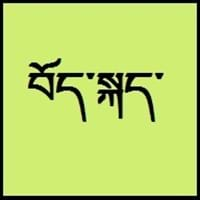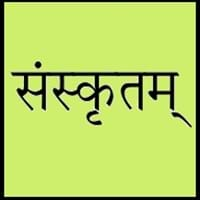Tibetan vs Sanskrit
- Tibetan dialects vary alot, so it's difficult for tibetans to understand each other if they are not from same area.
- Tibetan is tonal with six tones in all: short low, long low, high falling, low falling, short high, long high.
- Sanskrit language has highest number of vocabularies than any other language.
- Sanskrit Language has proved to help in speech therapy, also it increases concentration and helps to learn maths and science better.
Tibetan and Sanskrit Language History
Comparison of Tibetan vs Sanskrit language history gives us differences between origin of Tibetan and Sanskrit language. History of Tibetan language states that this language originated in c. 650 whereas history of Sanskrit language states that this language originated in 2000 B.C.. Family of the language also forms a part of history of that language. More on language families of these languages can be found out on Tibetan and Sanskrit Language History.
Tibetan and Sanskrit Greetings
People around the world use different languages to interact with each other. Even if we cannot communicate fluently in any language, it will always be beneficial to know about some of the common greetings or phrases from that language. This is where Tibetan and Sanskrit greetings helps you to understand basic phrases in Tibetan and Sanskrit language. Tibetan word for "Hello" is བཀྲ་ཤིས་བདེ་ལེགས། (tashi delek) or Sanskrit word for "Thank You" is धन्यवादाः (dhanyawādāh). Find more of such common Tibetan Greetings and Sanskrit Greetings. These greetings will help you to be more confident when conversing with natives that speak these languages.
Tibetan vs Sanskrit Difficulty
The Tibetan vs Sanskrit difficulty level basically depends on the number of Tibetan Alphabets and Sanskrit Alphabets. Also the number of vowels and consonants in the language plays an important role in deciding the difficulty level of that language. The important points to be considered when we compare Tibetan and Sanskrit are the origin, speaking countries, language family, different greetings, speaking population of these languages. Want to know in Tibetan and Sanskrit, which language is harder to learn? Time required to learn Tibetan is 24 weeks while to learn Sanskrit time required is 20 weeks.





